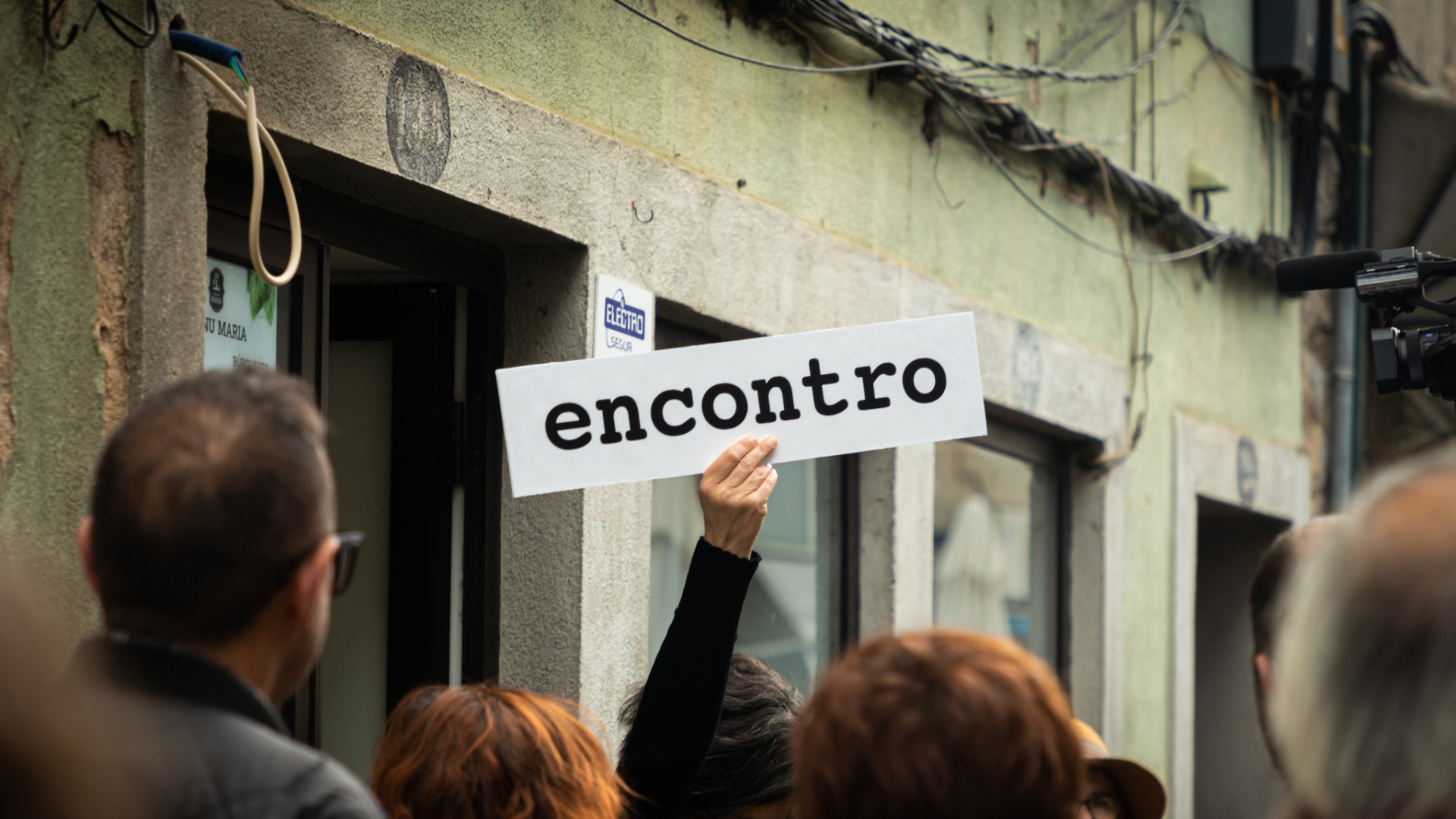ATOS for Cultural Democracy
Event Slider
Date
- / Cancelled / Sold out
Location
Auditorium 3 Calouste Gulbenkian FoundationThis event will be presented in Portuguese with simultaneous translation and interpretation in Portuguese Sign Language. Will be livestreamed and be available on this page.
The ATOS para a Democracia Cultural conference brings together implementing agents with other actors who play an active role in promoting cultural participation. The programme includes a keynote with Marcus Faustini, a Brazilian theatre director, filmmaker and cultural mediator, and two round tables discussing the different models of participatory art and cultural democracy as a public policy.
The publication ATOS – Arte, participação e território and the video essay Alcanço documenting the ATOS journey in 2023 will also be presented, summarising the experience of implementing the programme and bearing witness to its campaign to promote cultural democracy.
Speakers
-
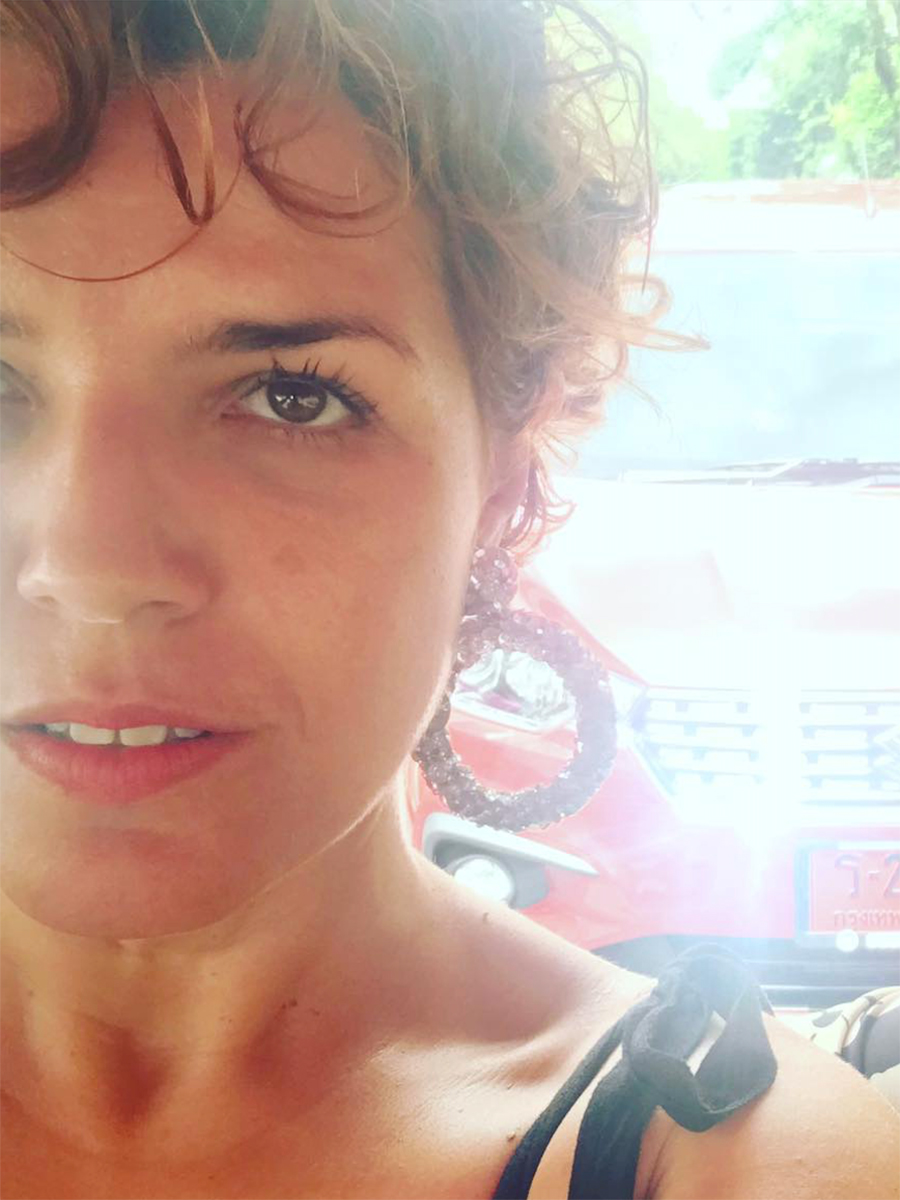
Ana Bragança
Co-founder of Ondamarela, an artistic structure for the development of artistic, social and educational projects, Ana Bragança’s work centres around participation, mediation and community involvement projects. She is the Participation and Community Director of Braga’25’s Desejar – Movimento de Artes e Lugares Comuns, having previously worked as a consultant for Braga’25 – Portuguese Capital of Culture, Braga’27, a candidate city for European Capital of Culture, and the company Opium. She was a member of the Executive Board of Guimarães 2012 European Capital of Culture, and project manager at A Oficina. Ana also collaborated with the education department of the José de Guimarães International Arts Centre.
-
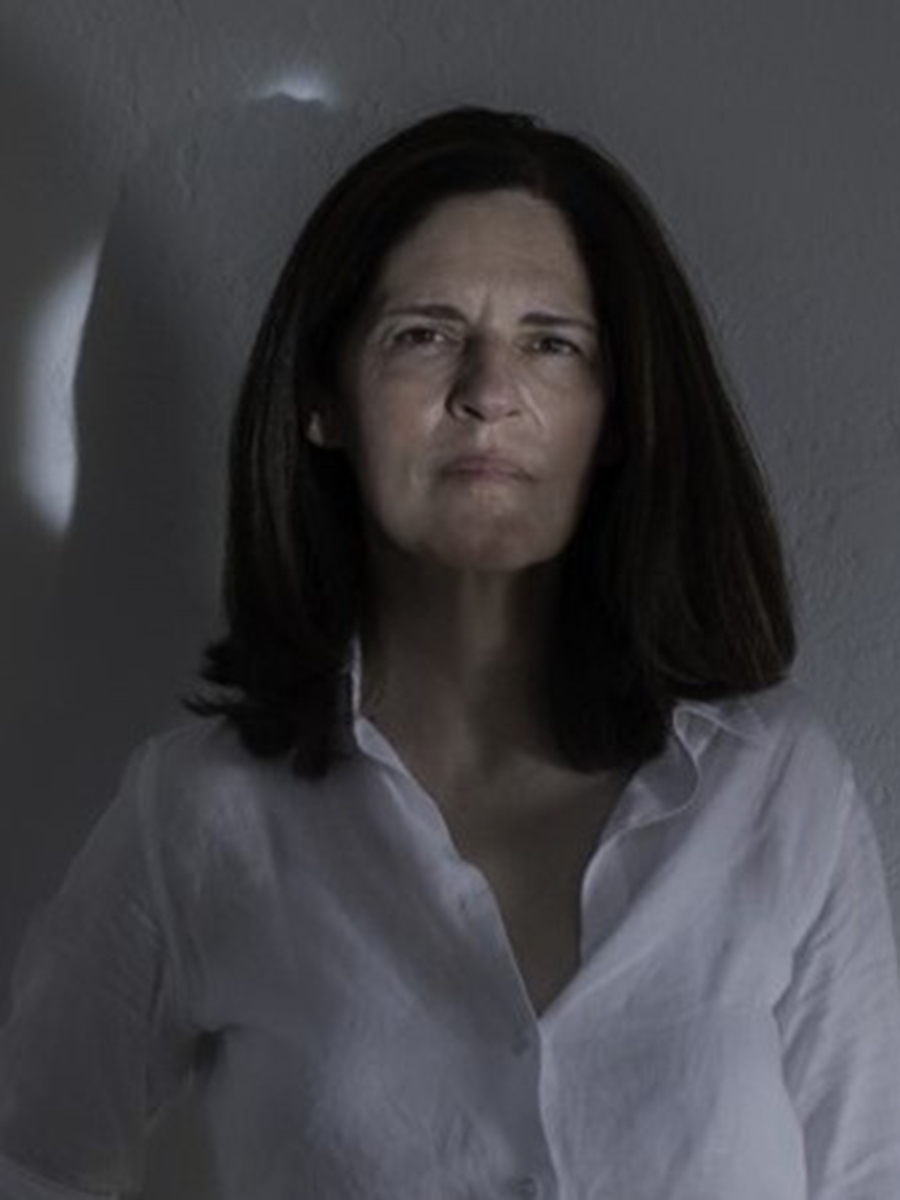
Ana Paula Amendoeira
Historian with a specialisation in UNESCO World Heritage (Paris IV Sorbonne) and in Cultural Project Administration (Marcel Hicter Foundation, Council of Europe), Ana Paula Amendoeira is a researcher at the Centre for Archaeological Studies and Heritage Sciences at the University of Coimbra. She was President of ICOMOS Portugal (2011-2015) and Regional Director of Culture for Alentejo 2013-2023, and has been Vice-President of CCDR Alentejo since January 2024. Ana Paula is member of the Advisory Board of Instituto Pedra (Heritage Conservation) in Brazil, of the Scientific Committee of the Joint Programming Initiative on Cultural Heritage (European Union, since 2020), of the Executive Committee of the Évora Capital of Culture 2027 bid, and of the working group for World Heritage in Portugal.
-
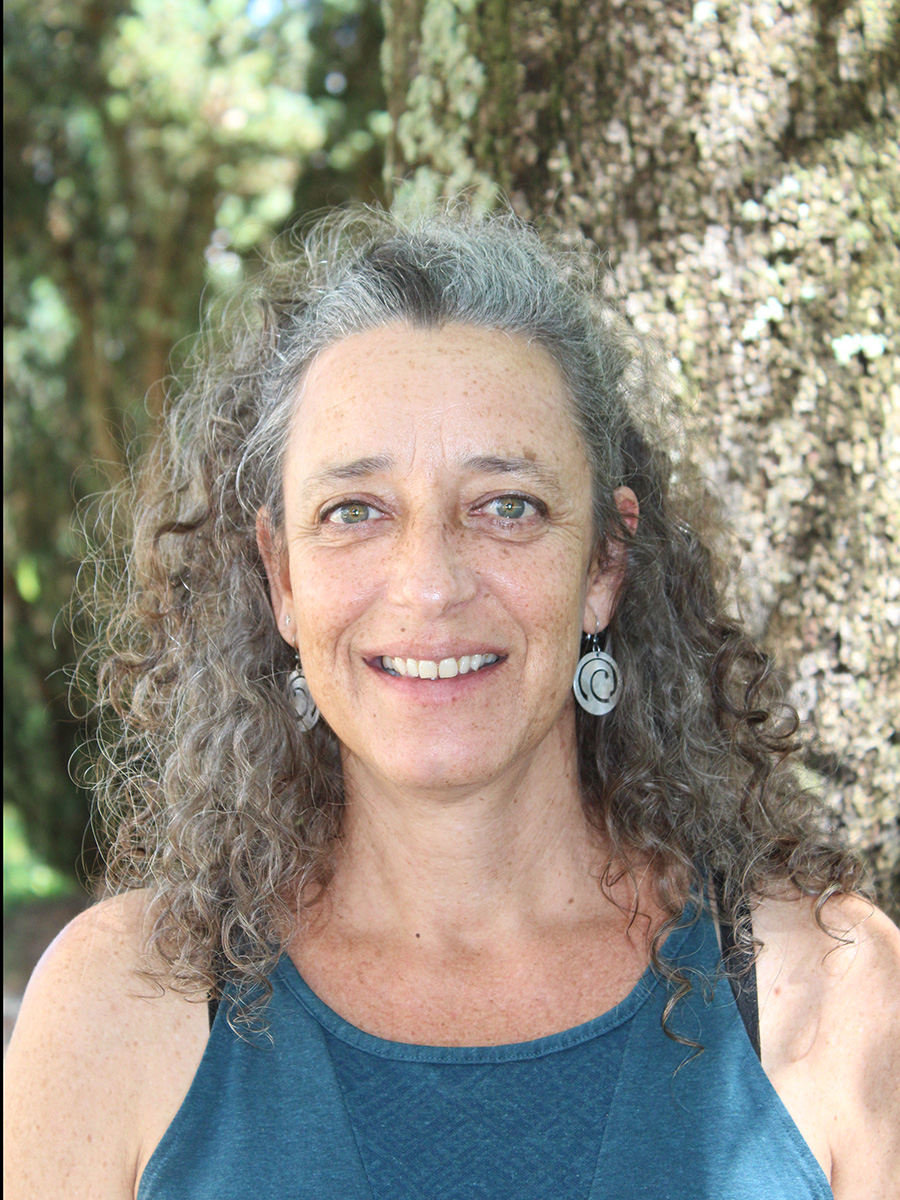
Ana Isa Coelho
Ana Isa Coelho, who holds a degree in Sociology, is currently the Coordinator of the Culture Promotion and Development Department at CIMAC (Intermunicipal Community of the Central Alentejo Region). She has participated in several (regional and European) projects, where the artistic and cultural background is considered a driving force for the development of territories, social cohesion and inclusion, the creation of critical mass, economic growth, and sustainable environmental practices. Ana believes that the relationship between culture and other social and natural dimensions is vital, an ecosystem in which its elements establish reciprocal relationships with one another in a given geographical area, and with their surroundings.
-
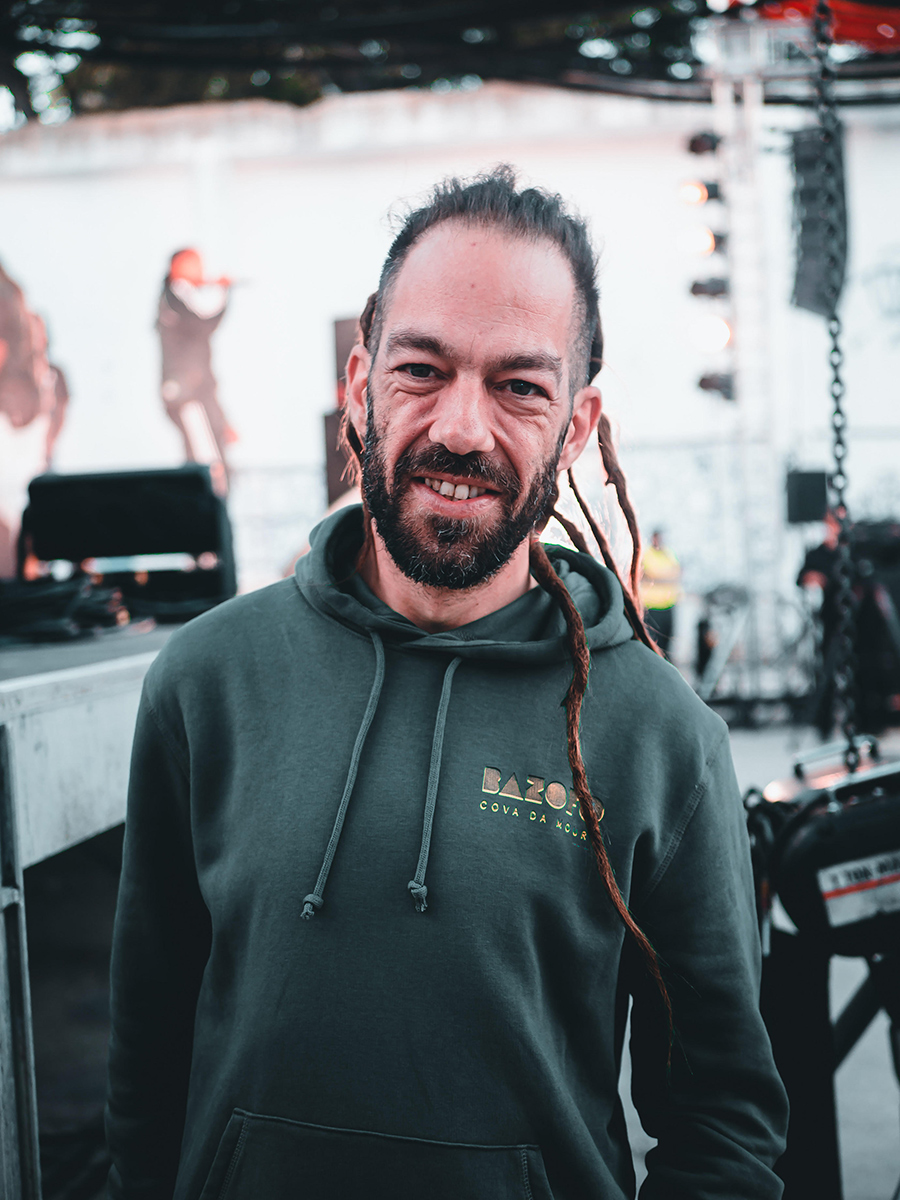
António Brito Guterres
António Brito Guterres is a social worker and researcher with a postgraduate degree and PhD in Urban Studies. Positions held in the past decade include staff member of the Aga Khan Foundation Portugal, where he led the K’Cidade urban community development programme. He curated 5L – Portuguese Language Literature Festival (2023) and the exhibitions Linha Imaginária (2021), at the Sintra Arts Museum (MU.SA), Interferências (2022), at the Museum of Art, Architecture and Technology (MAAT), and Também Estão no Mapa? (2022), at the Museum of Lisbon. He is the curator of the Iminente Festival, recommending artists, and organising debates and workshops for the Bairros project.
-
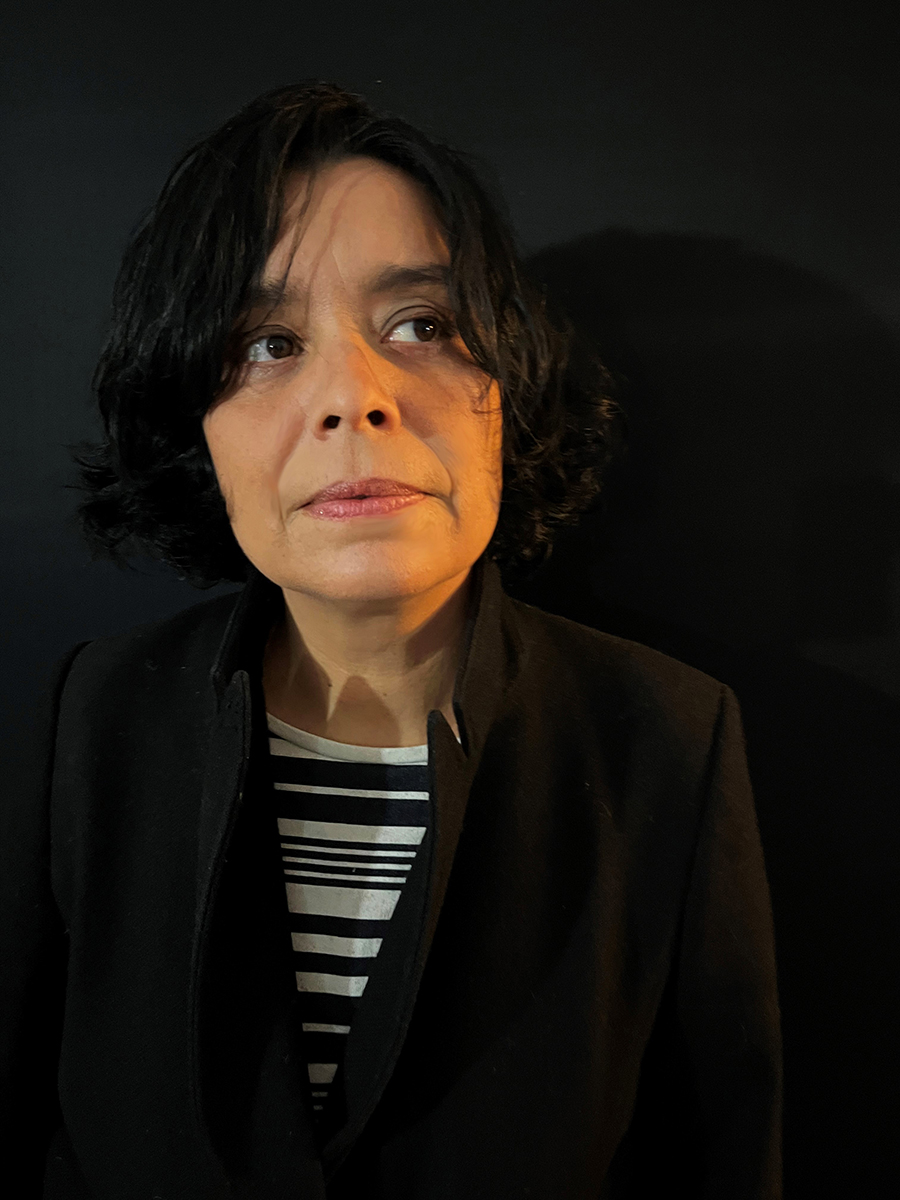
Carla Cardoso
Carla M. Cardoso (1976) is a designer, teacher and cultural manager. She has a degree in Product Design from FAUTL. She has been a lecturer at ESAD.CR since 2012 and co-director of Associação Futuro since 2007. She was Director of Iminente (2021-2024), coordinating projects such as “Bairros” and “Festival Iminente”. She coordinated the programme and production at experimentadesign (2002-2012) and coordinated projects at the Lisbon Architecture Triennale, Est Art Fair, doclisboa’13, Projecto Sociedade, European Creative Hubs Forum, and exhibitions at CCB. She was co-curator of Interferências exhibition (2022) at MAAT.
-
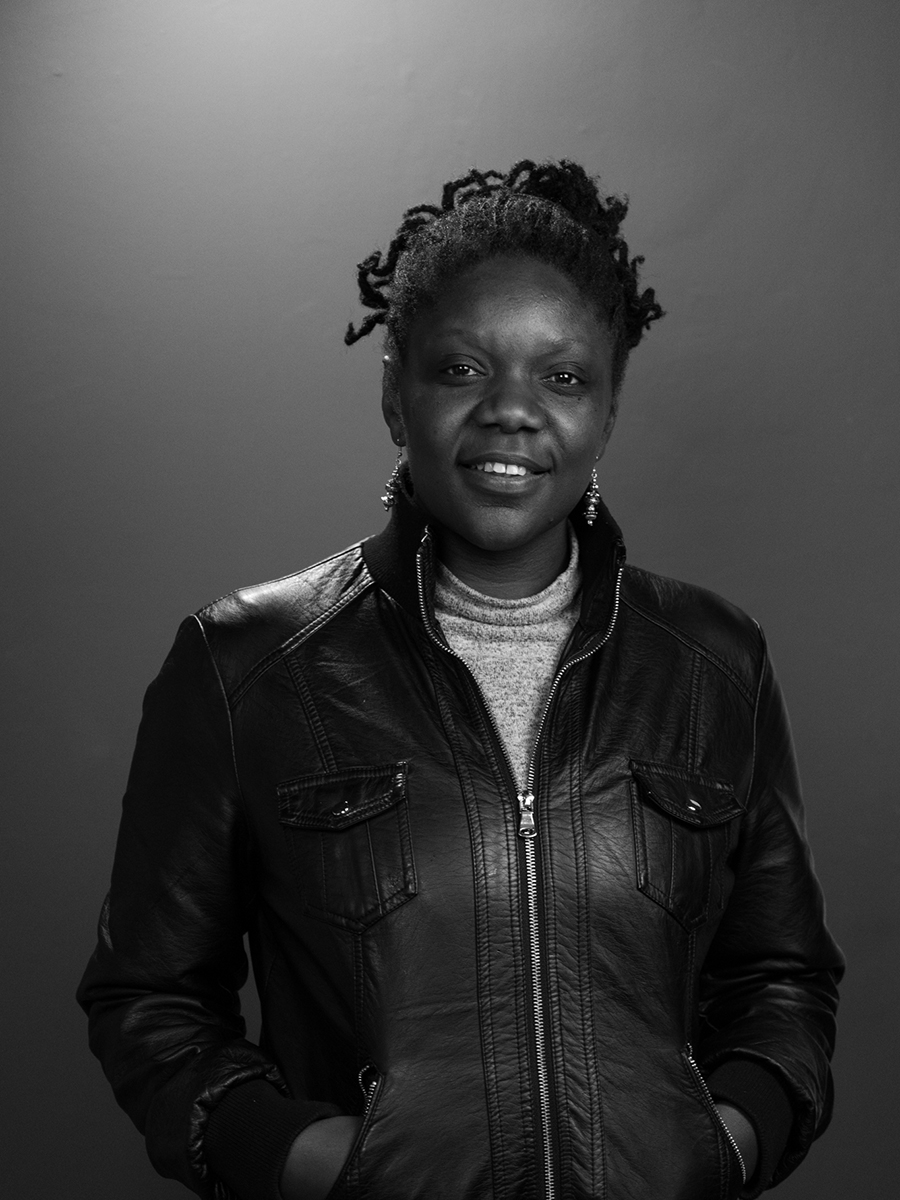
Carla Fernandes
With a degree in Translation, a Master’s in Communication and training in International Journalism, Carla Fernandes is an Angolan journalist, translator and cultural producer. She is the creator of the podcast Afrolis and founder of Afrolis – Associação Cultural, two platforms dedicated to the narratives of black people living in Lisbon. Carla also organised and co-authored the poetry collection Djidiu a Herança do Ouvido. She wrote the radio soap opera “It takes a village”, produced by Radio Deutsche Welle, where she worked for five years, is author of the children’s book An Unexpected Visit, and directed of the documentary “Nós Não Viemos do Vazio”.
-
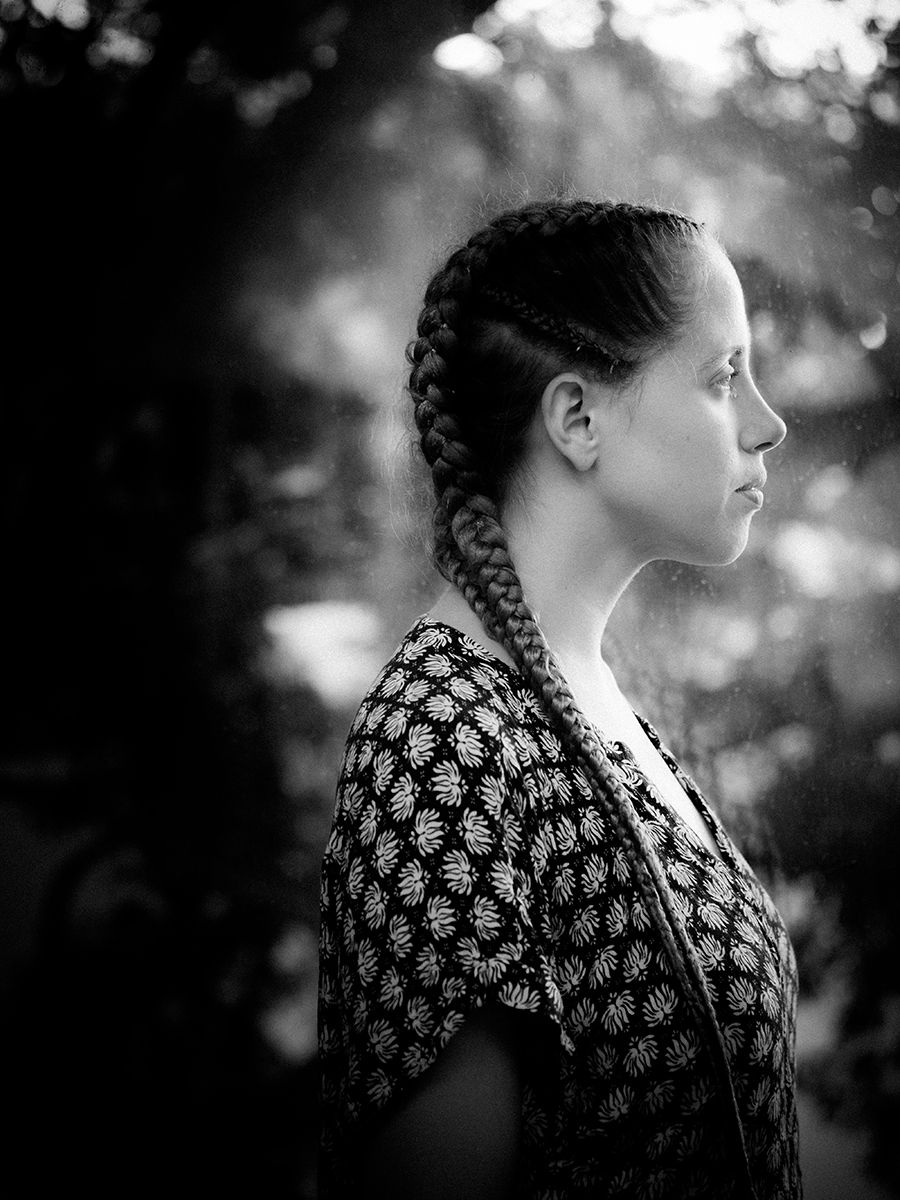
Cátia Terrinca
Cátia Terrinca holds a degree in Theatre from Escola Superior de Teatro e Cinema and Real Escuela Superior de Arte Dramático de Madrid. She works as an actress, playwright and director, mainly in the Alentejo Region and in Cape Verde. She is the director of UMCOLETIVO, an artistic creation organisation based in Portalegre, in central Portugal, where she co-programmed the A Salto Festival and ACTO (both in Elvas). Cátia enjoys participating in rewriting processes that, being anchored in the past, interfere or could interfere with the future as a collective project. She is the recipient of Time Out awards for best show and best performance for “Three Sisters”. Mum to Jacinto and Delfim, she is a municipal councillor in Elvas and lives in Serra de S. Mamede.
-
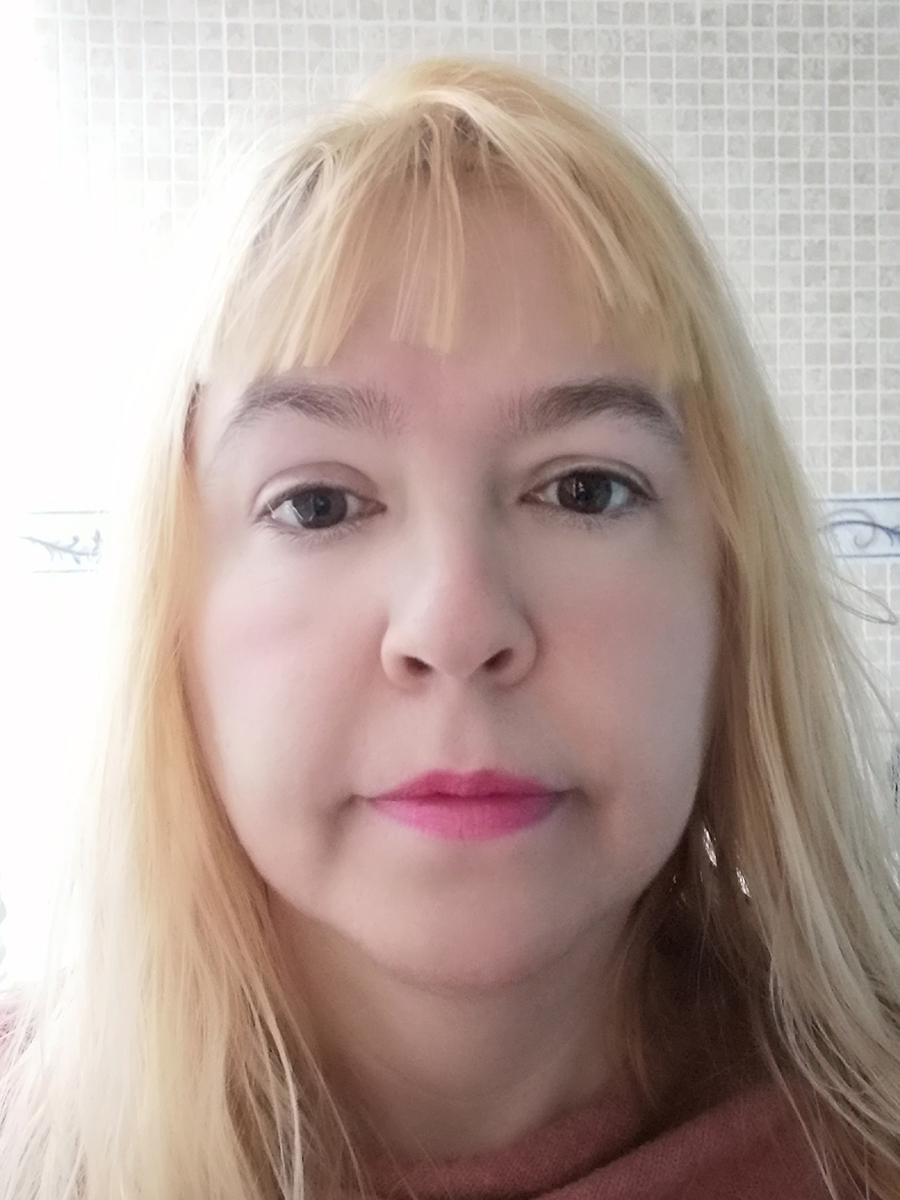
Cláudia Galhós
Cláudia Galhós has been writing about culture in general, and the performing arts and dance in particular, for newspapers, various publications and books since 1994. She is the author of several fiction books, including Sensualistas (2001), Conto de Verão (2002), O Tempo das Cerejas (2007), and of books on dance and/or the arts, including Corpo de Cordas – 10 anos de Companhia Paulo Ribeiro (2006), Pina Bausch – Sentir Mais (2010), 15 anos do Espaço do Tempo (2016), and Colher para Semear – 25 anos de GDA e 10 anos de Fundação GDA (2021). Cláudia was the editor and author of the book There is nothing that is beyond your imagination (2015).
-
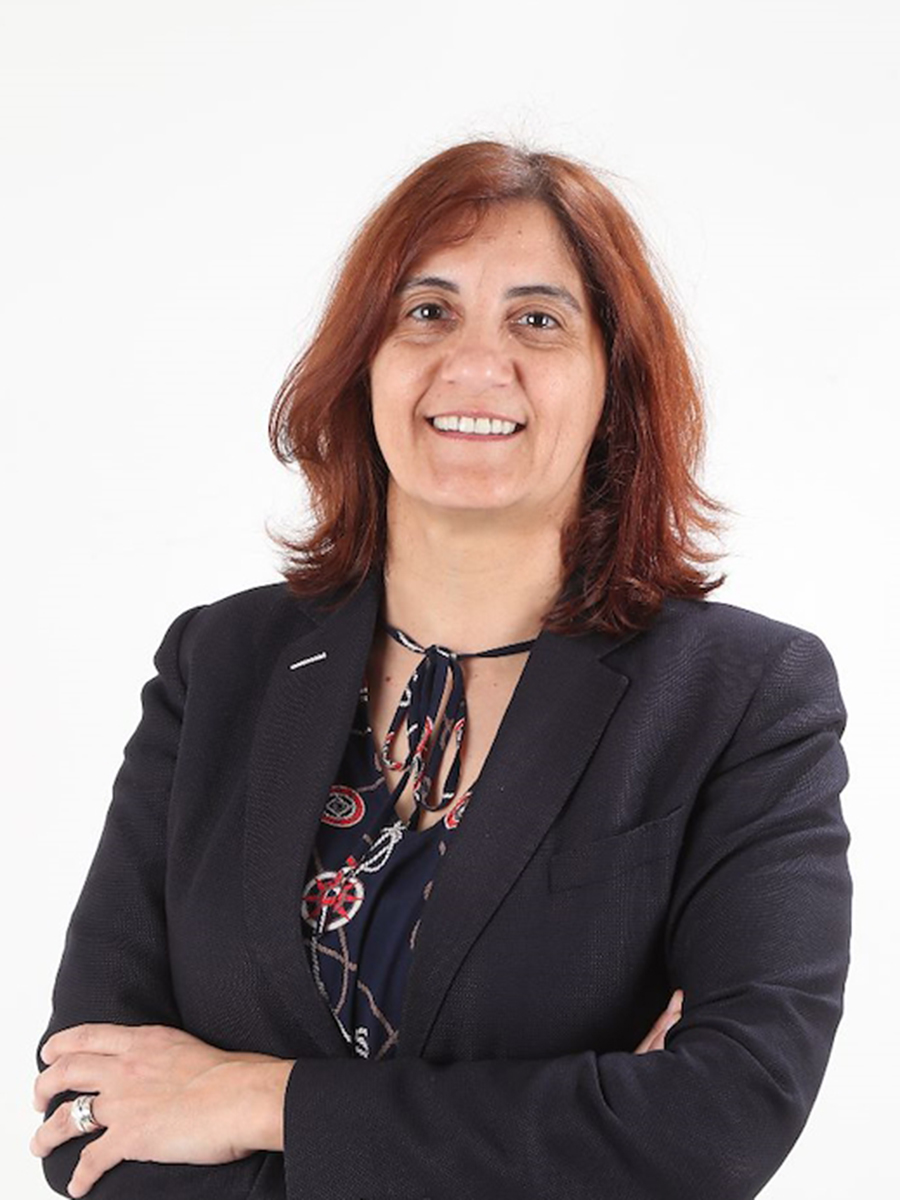
Dália Paulo
Dália Paulo (b.1975), is the Municipal Director of the Loulé City Council and Chair of the General Meeting of Acesso Cultura. She holds a degree in History and Archaeology from the University of Coimbra, a Master’s in History of Portuguese Art from the University of Algarve, and is currently a PhD student in Heritage Studies. Dália served as the Regional Director for Culture, was Director of the Faro Municipal Museum, and mentor and Director of MUSEAL Magazine. She was one of the founders of the Algarve Museums Network and the AZUL Network of Algarve Theatres, and is visiting professor at the School of Human and Social Sciences of the University of Algarve.
-
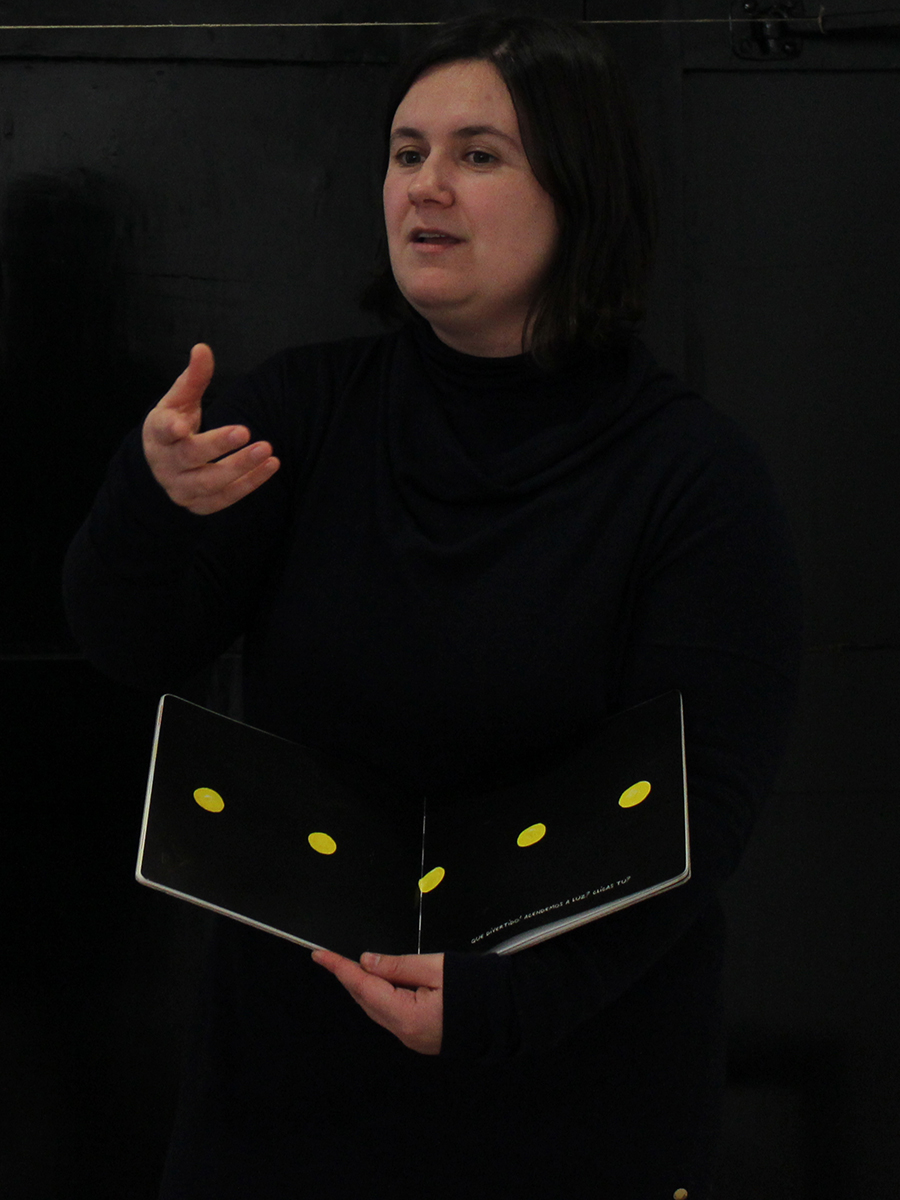
Lara Soares
Lara Soares founded BURILAR – Creative Processes in Audience Mediation in 2018 together with Sandra Barros, with whom she collaborates closely and in partnership. BURILAR fulfils a series of desires created and transformed between artistic and educational practices, which Lara is developing as part of her PhD in Art Education at the School of Fine Arts in Porto. These projects, with no set time frame and of varying scales, are designed in tandem with partners, as she believes that multidisciplinary teams are better at thinking and experimenting. Mum to two wonderful children, Lara believes in sharing with others and in life constantly changing along a more democratic and equitable path.
-
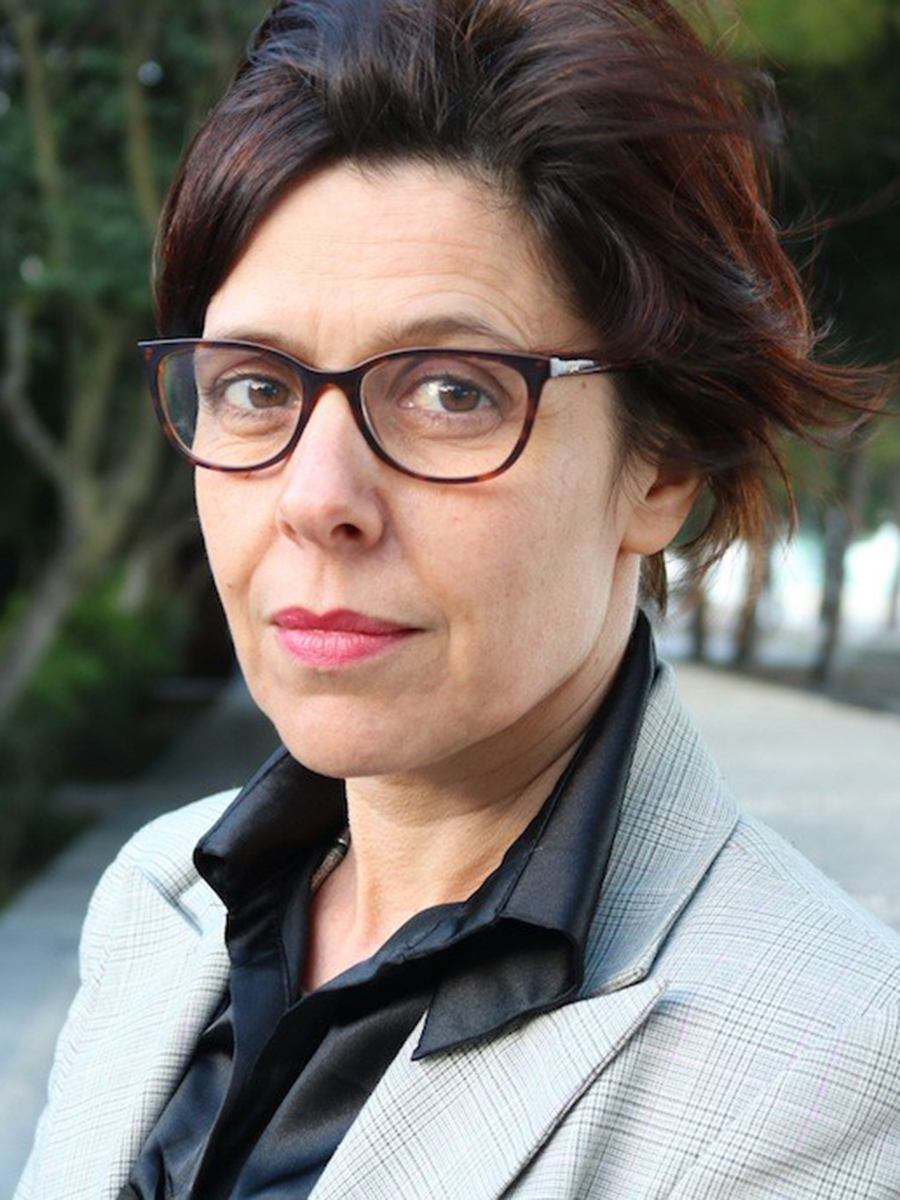
Paula Varanda
Paula Varanda holds a PhD in Artistic Studies from Middlesex University (London) and a bachelor’s degree from Escola Superior de Dança (Lisbon). She is the author of several scientific and cultural articles and books, including 70 críticas de dança (Caleidoscópio 2020), penned for the Público newspaper between 2004 and 2016, Dançar é Crescer – Aldara Bizarro e o Projeto Respira (Caleidoscópio 2012); and Nu Kre Bai Na Bu Onda (Alkantara, 2010). Paula is a researcher at the Institute of Art History and a professor of the Master’s programme in Performing Arts at FCSH/NOVA University of Lisbon.
-
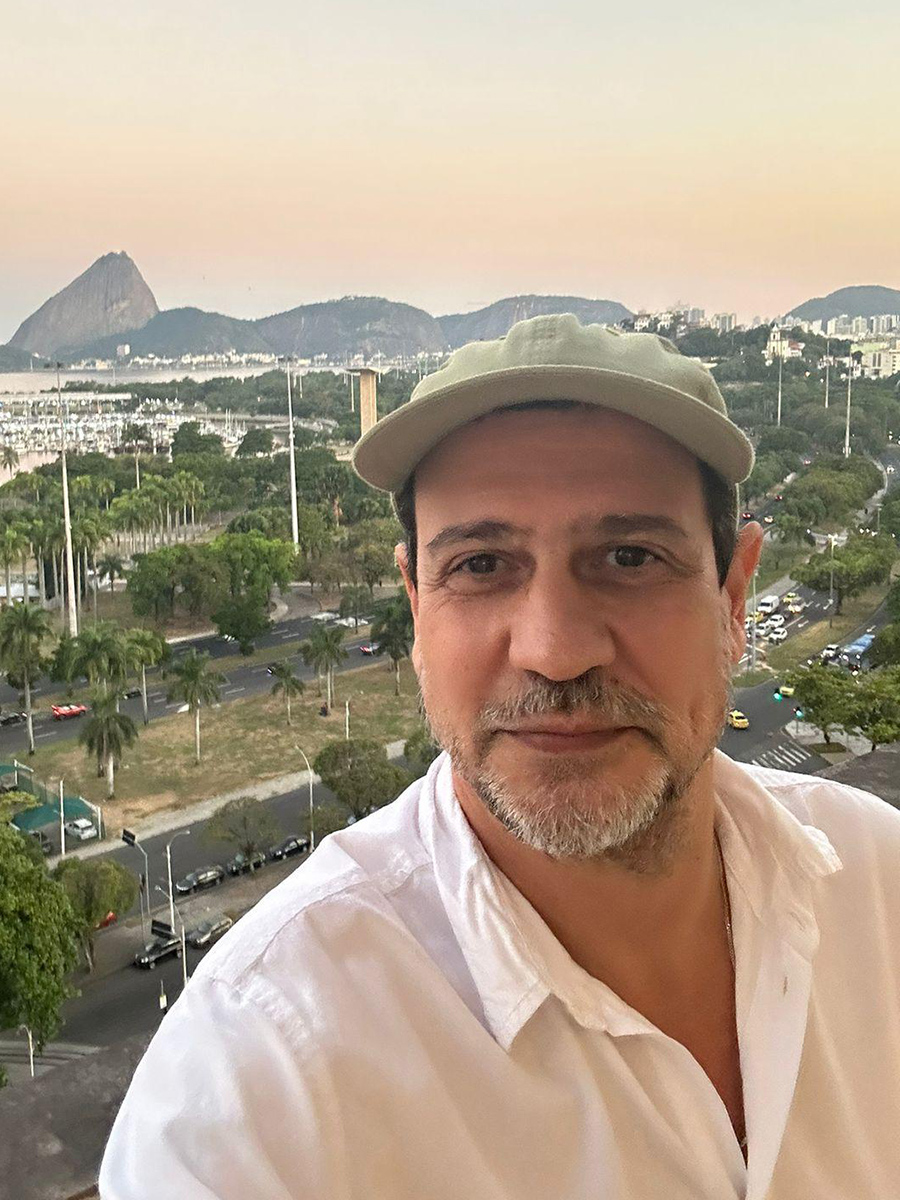
Marcus Faustini
Marcus Faustini is an artist who grew up on the outskirts of Rio de Janeiro and creates and implements artistic methodologies for socio-cultural impact. His work with young people, engagement and culture in Rio de Janeiro has been replicated in several cities in England in the past decade. He was also Secretary for Culture for the city of Rio de Janeiro and Nova Iguaçu. Marcus teaches theatre at the CAL School of Theatre and coordinates the Carioca Academy of Art and Longevity. Filmmaker, writer and theatre director, he hosts a programme on Canal Futura (GloboPlay) about longevity and culture.
-
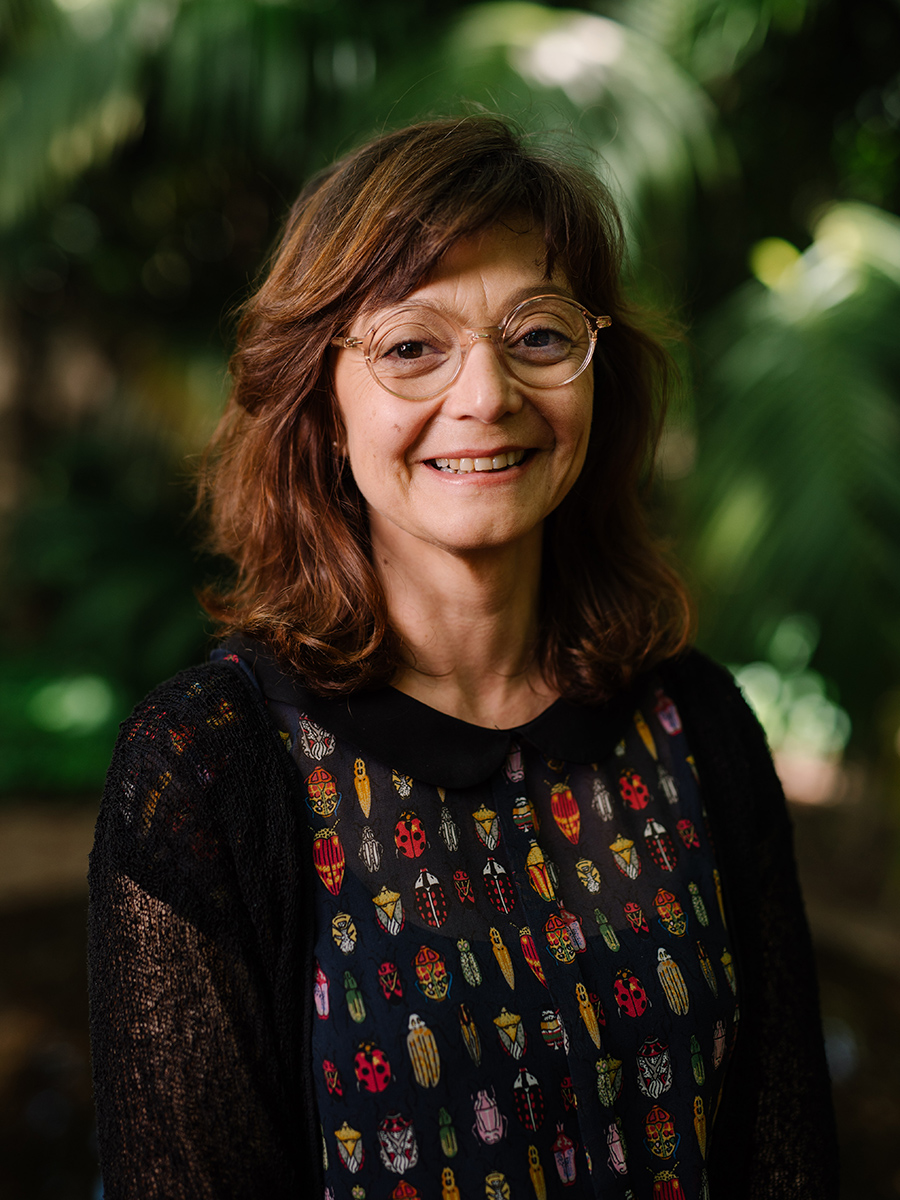
Narcisa Costa
Narcisa Costa is Project Manager for Participatory Art and Access to Culture at the Calouste Gulbenkian Foundation. A graduate of Escola Superior de Dança (Lisbon) and Hogeschool voor the Kunsten/European Dance Development Centre (Arnhem), she has spent most of her professional career producing and managing artistic and cultural projects such as Festival Danças na Cidade, Companhia Re.Al/João Fiadeiro, Espaço do Tempo, Companhia Clara Andermatt, Alkantara Festival, Arena Ensemble, and the Setúbal Music Festival, among other projects. In recent years, Narcisa’s interests have turned to promoting participation in and access to the arts and culture, which are essential for creating fairer societies.
-
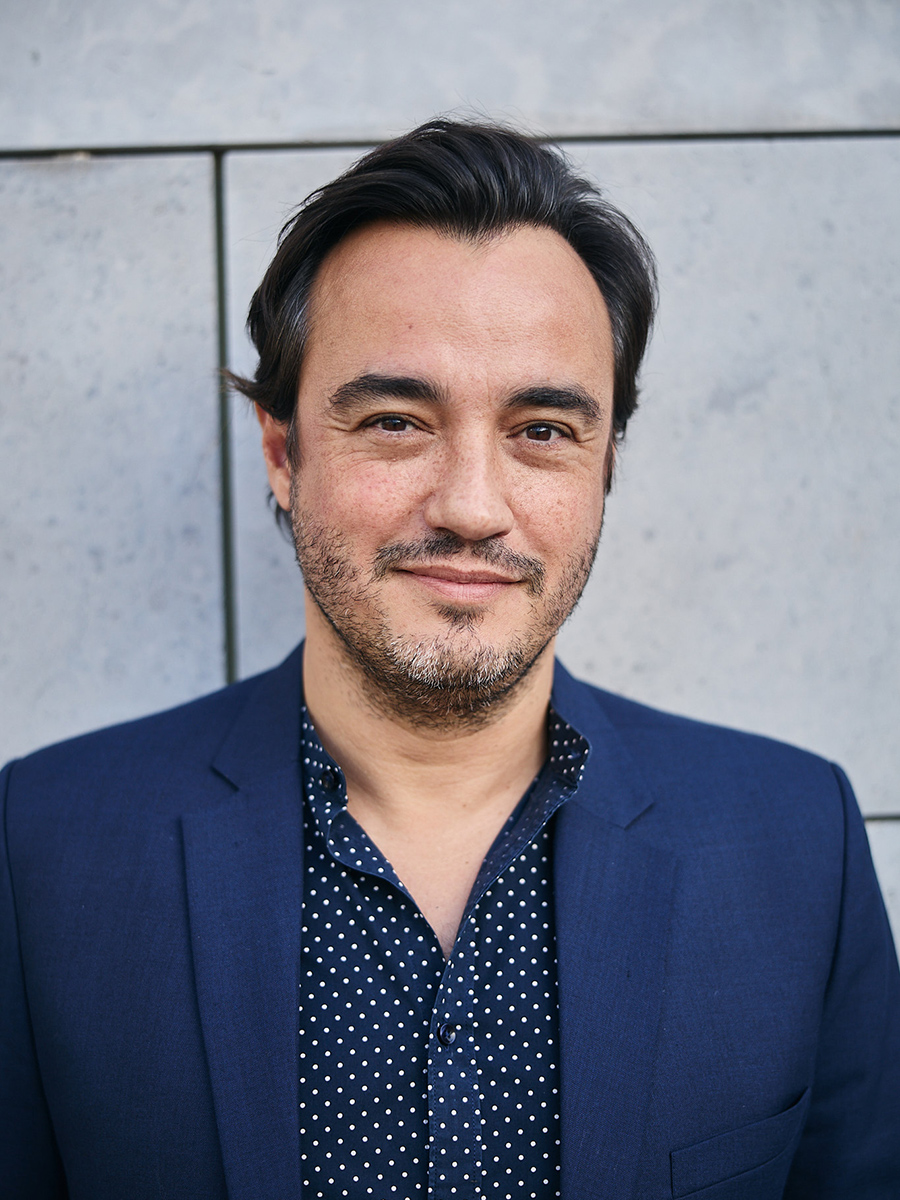
Pedro Penim
Born in Lisbon, Pedro Penim is a director, actor and playwright. His work also extends to programming, conferences, translation and teaching, and has already been showcased across Portugal, as well as in several countries in Europe, South America, Asia and the Middle East. He holds a degree in Theatre from Escola Superior de Teatro e Cinema and a Master’s in Cultural Management from ISCTE. In 1995, Pedro founded the collective Teatro Praga, an emblematic contemporary creation company and, in 2013, the cultural space Rua das Gaivotas 6. In November 2021, he was appointed Artistic Director of the D. Maria II National Theatre.
-
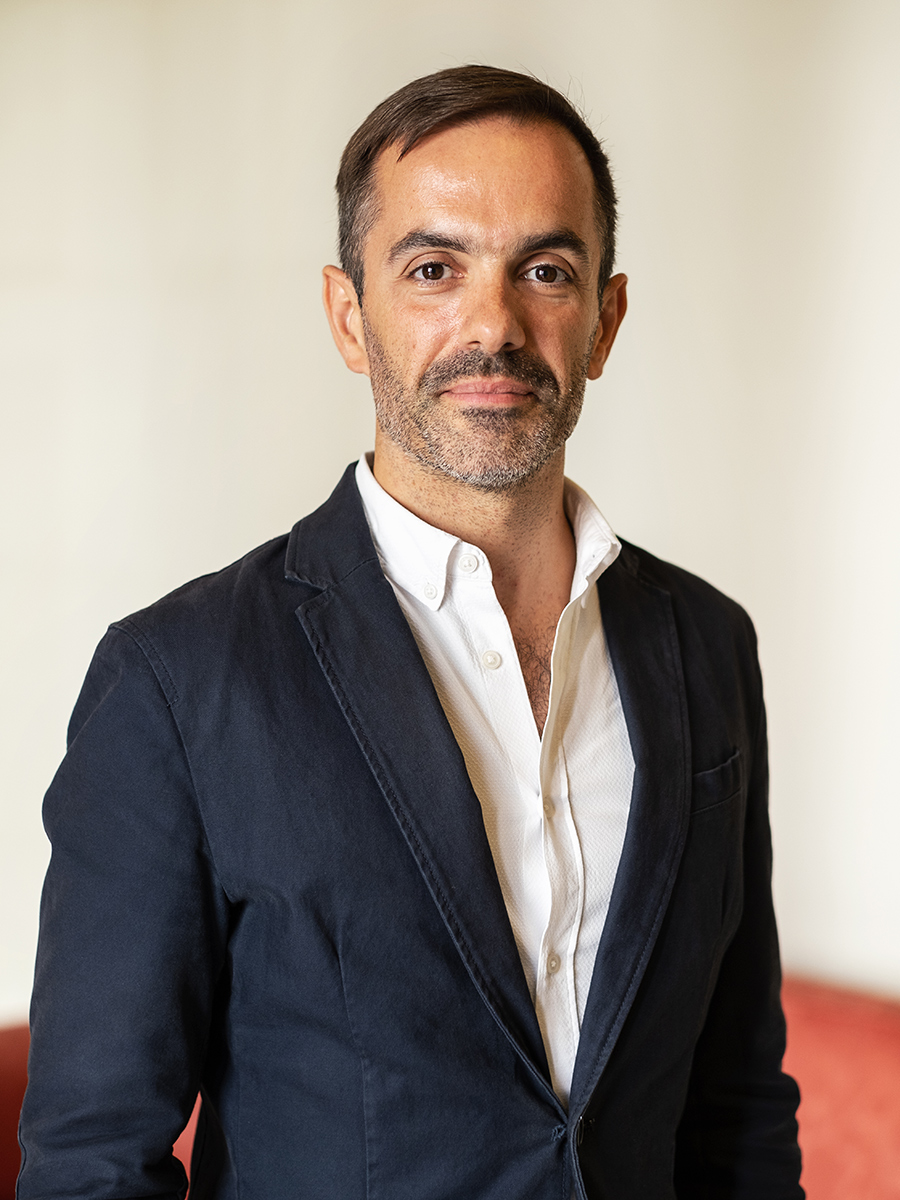
Rui Catarino
Rui Catarino is currently chair of the Board of Directors of the D. Maria II National Theatre, and a professor at Escola Superior de Teatro e Cinema. A cultural manager and producer, over the past 25 years he has worked at São Luiz Municipal Theatre (executive director), OPART (administrator), the Serralves Foundation (advisor to the executive board), Guimarães 2012 European Capital of Culture (executive management team), and the GDA Foundation (consultant), among other institutions. He was an advisor to the Councillor for Culture of the Lisbon City Council and to the Secretary of State for Culture. Rui studied at the Calouste Gulbenkian Conservatory in Braga and holds a degree in Economics from ISEG, a postgraduate degree in Cultural Management from ISCTE, and is a Fellow Alumn of the Institute of Arts Management at the Kennedy Center in Washington.
-
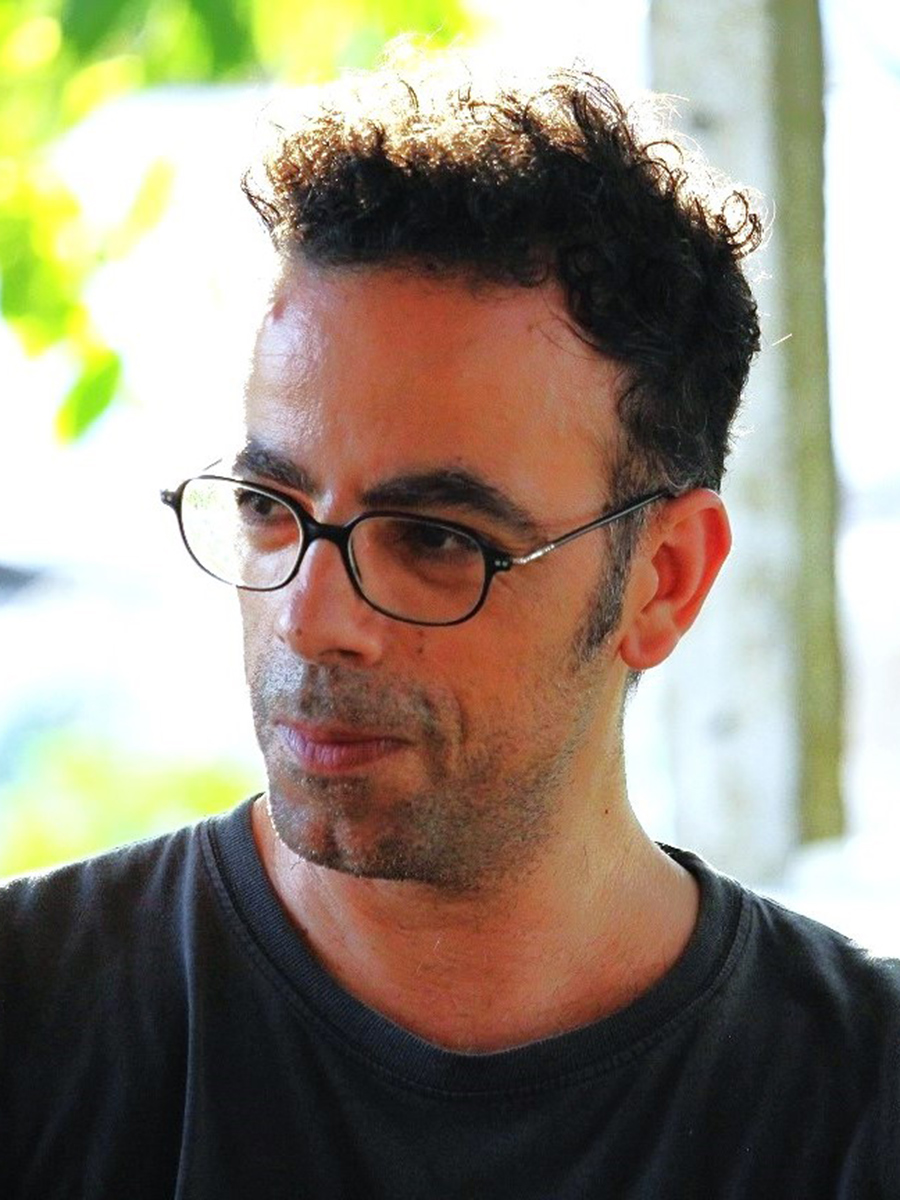
Rui Matoso
Rui Matoso is a cultural policy researcher, a professor at ESAD.CR and a producer. He holds a Master’s degree in Cultural Practices for Municipalities (FCSH-UNL), and a specialist qualification (IPL -Lisbon, 2017). At ESAD.CR, he teaches the bachelor’s degree course in Cultural Programming and Production and the Master’s degree course in Cultural Management. Rui has conducted research at ZKM | Centre for Art and Media (Karlsruhe), was a research fellow at the Vilém Flusser Archive (Berlin, Universitat der Kunst), and was Artemrede’s scientific consultant for its 2015-2020 Strategic and Operational Plan.
-
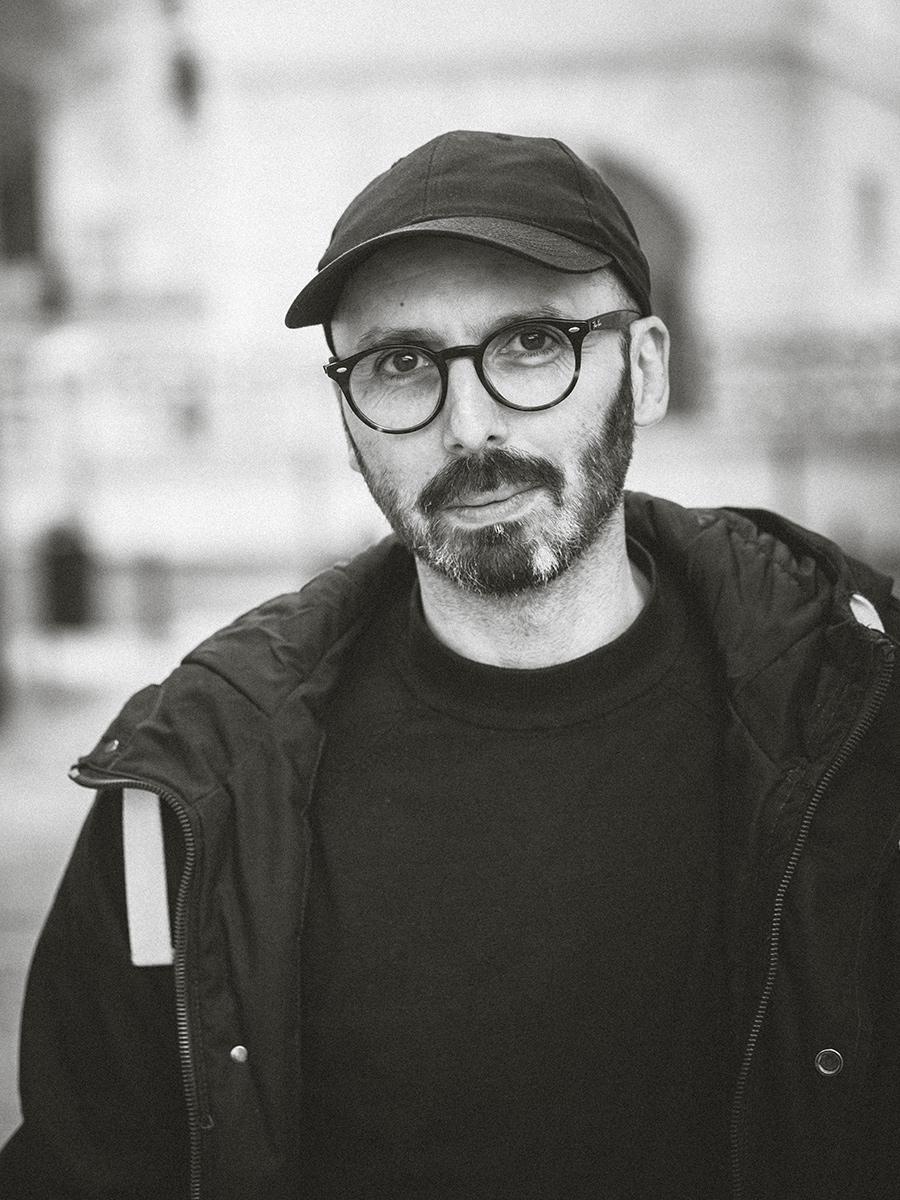
Victor Hugo Pontes
Victor Hugo has a degree in Fine Arts, specialising in painting, from the University of Porto’s School of Fine Arts (FBAUP). In 2001, he attended the Norwich School of Art & Design in England. He completed professional theatre training at Balleteatro Escola Profissional and holds a degree in Research and Choreographic Creation from Fórum Dança. In 2004, Victor completed the Theatre Directing course at the Calouste Gulbenkian Foundation and, in 2006, the Projet Thierry Salmon – La Nouvelle École des Maîtres course, directed by Pippo Delbono, in Belgium and Italy. He made his debut as a creator with Puzzle in 2003, presenting his creations across the country and abroad.
Programme
10:00 / Opening session
10:15 / People-centric culture so we don't give up on democracy: Ideas for activating cultural participation, cultivating democracy and enhancing diversity in the arts
11:45 / Presentation of the publication ATOS – Art, participation and territory
14:30 / Participatory art: angles and tensions of an identity
16:30 / Cultural democracy as a public policy
18:30 / Alcanço by André Dias Carrilho
Partnership
The Calouste Gulbenkian Foundation reserves the right to collect and keep records of images, sounds and voice for the diffusion and preservation of the memory of its cultural and artistic activity. For further information, please contact us through the Information Request form.

